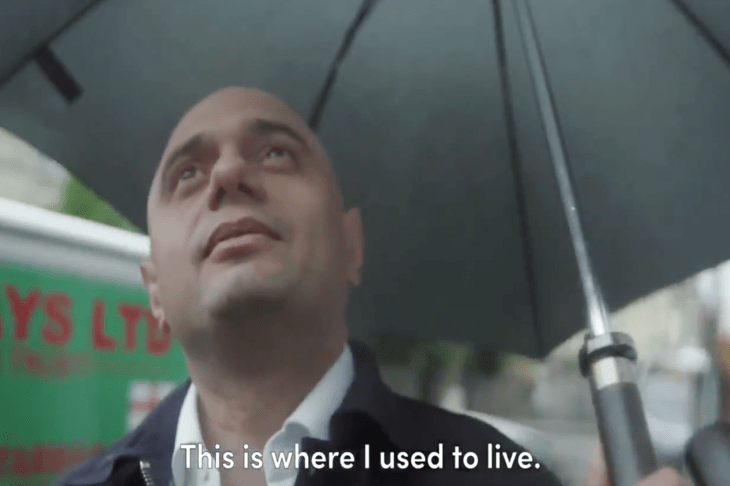Michael Gove’s launch was, easily, the strongest of any candidate yesterday and he deserves the plaudits he’s getting now. Even if you dislike him, his speech is worth listening to (it’s here) and it was made without notes.
I’ve heard him talk before about the school in Liverpool he mentioned where only one pupil got decent grades. In his original telling, his point was that the distance between Liverpool and Edinburgh (where his birth mother is from) was about the same as the distance between Aberdeen and Edinburgh – so he could have ended up in either city.
But alongside the cocaine use, another disclosure in Owen Bennett’s new book is that Gove was actually born in Aberdeen. So he modified his speech, dropping out the distance point, but the principle holds good. Small accidents, sliding doors, meant he ended up in the Oxford Union and was granted all the opportunities that sprang from that – rather than dropping out of a Liverpool school.
Sajid Javid has a similar thesis – of how his background explains his politics – and he has tried to tell it for the first time today with a video. It shows his wife and family, his brother and his mum, who welcomes him at her door in the dress of her native Pakistan and cooks for him.
There are some unintentionally comic scenes (when I grow up, I’d love for my family to wave me out of the door on my way to work) but overall it gives a sense of the person. What Sajid Javid needs to do now is say more about the way that his history not just explains but drives his current political agenda. His friends, still, tell the story better than he does. He feels an outsider to the political class, but very much an insider in Britain. That is to say: when he was younger, he didn’t apply for Oxbridge or attempt to go to the old merchant banks because he suspected people who look like him would not stand much of a chance in either.
At the time, he was right. But that wasn’t England: that was just two corners of England, one of which (the old-school-tie City of London) was replaced wholesale by the Thatcher reforms and the Big Bang. But he has never felt like an outsider here in Britain, and feels very much made in Britain – and by Conservatism. That is to say, he thinks his story was made possible not just by Britain, but by Tory reforms.
Javid hasn’t spoken yet about his education experience. His brother Bas enlisted in the Royal Navy aged sixteen and there was never any doubt in his family that he’d drop out of school too. While Boris Johnson was at Eton telling friends his ambition was to be “world king” – and who could blame him, knowing the CVs of its alumni? – Javid didn’t expect to finish school. This doesn’t reflect well or badly on either: you play the hand you’re dealt in life. But the hand the teenage Javid was dealt seldom leads to the top.
Britain has a very good educational superhighway. Get to a great school – as Gove did, as Dominic Raab did with his grammar – and the world is yours. But Javid was not on this superhighway. He want to a school that struggled to get kids into sixth-form, let alone university. He needs to say more about this: the way Britain is still CV-obsessed, and the way those without a gilded educational rise can struggle to find as many opportunities.
Michael Gove had parents who forfeited holidays to pay for the fees for Robert Gordon’s College in Aberdeen: and look at the return on that investment. Had Javid’s parents stayed in Punjab, he would perhaps have ended up in farming. And had Gove been adopted by parents in the catchment area for that Liverpool school, his story would be different. Both owe where there are to happy accidents.
And men are Conservatives for a reason: to do what they can to make accidents less important. To make sure people don’t need quite so many strokes of luck to make what they want of their lives. Gove was right to boast about the extra 1.8m pupils now in good or outstanding schools after Tory reforms: a solid and rather dazzling example of how his principles became policies. What we could now hear, from all candidates, is why their life experience makes them join the Tory party, not Labour. They talk about themselves, but not really about their party.
At a time when a great many Brits are wondering whether there is a point to the Conservatives, it would be good to see if its would-be leaders can give an explanation.







Comments